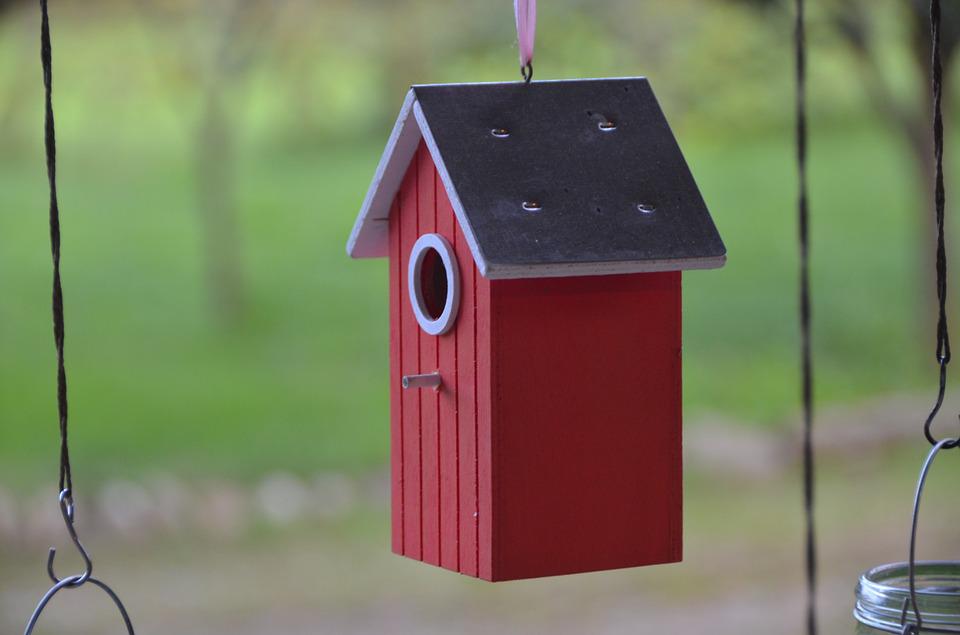
25 Apr How do I prove my tax basis when I sell my home?
Photo: pixabay.comQ. How do you prove the tax basis when you finally sell your house? Everyone I know uses the value of their earlier home to catapult themselves into a newer, more expensive home. They defer the capital gain until their final sale when they move out and don’t roll over the capital gain. Does that mean I have to have proof of cost for my original home that I bought in 1969 and carried forward through four other homes?
— Seller, someday
A. We think you’re misunderstanding how taxes are calculated on the sale of a home.
Let’s start with the IRS Code Section 121.
This code allows an exemption of $250,000 for singles or $500,000 for those married filing jointly on the gain on a sale of a personal residence as long as you have lived in the home for two of the past five years, said Kenneth Bagner, a certified public accountant with Sobel and Co. in Livingston.
“You can use this exclusion more than once in your lifetime. As long as you lived in the home for the last two of five years, the gain is excluded,” Bagner said.
Your new cost basis would be the purchase price of the most recent home — assuming you’re not talking about a 1031 exchange, he said.
“You would need to pull out the closing statement of your most recent home purchase and the improvements to that home and then compare it to the selling price less fees on the sale,” he said.
If the gain is less than $250,000 for singles or $500,000 for married couples filing jointly, there should be no tax as long as you meet the two out of five years rule and have never rented your home or depreciated your home as a home office, which could cause some loss of the exemption or some recapture of taxable income on a sale, he said.
Remember that you can use home improvements made over the years to offset any capital gain.
“If your gain is over this amount and you can’t find the records, our advice would be to do the best you can with the records and only record what you believe you can reasonably prove,” Bagner said. “If you don’t have receipts, you may be able to show the year of improvements of items and estimate the cost, but be reasonable in your methodology.”
Email your questions to Ask@NJMoneyHelp.com.
This story was originally published on April 25, 2022.
NJMoneyHelp.com presents certain general financial planning principles and advice, but should never be viewed as a substitute for obtaining advice from a personal professional advisor who understands your unique individual circumstances.

